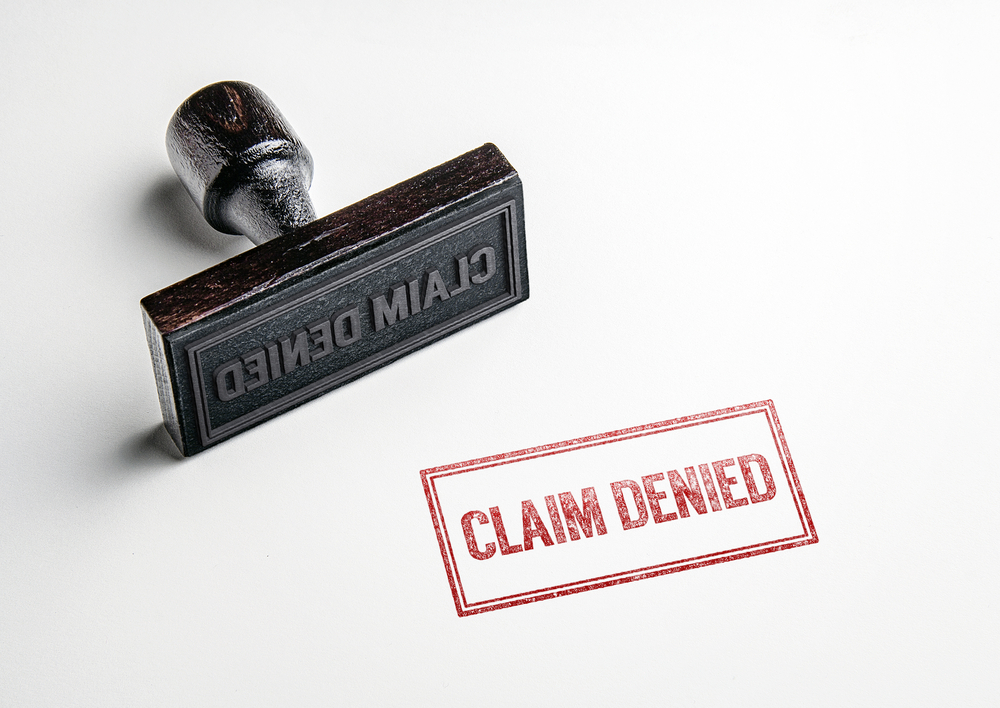If you have sustained a disability due to an illness, car accident, medical negligence, slip/trip and fall, or assault, you may be eligible to receive benefits under one or more types of disability insurance. These include short-term disability insurance, long-term disability insurance, mortgage disability insurance and critical illness insurance. If you have access to any of these policies, applying for benefits can be difficult and, unfortunately, many valid claims are unfairly denied or terminated by insurance companies. An experienced disability insurance lawyer can help you challenge the insurance company in the event of an unfair denial or termination of benefits.

How do I Qualify for Long-Term Disability Insurance Benefits in Ontario?
While many of us will be lucky enough to avoid suffering a serious illness or injury that makes it impossible for us to continue working on a full-time basis, a long-term disability insurance policy will provide income continuity in the event of a serious injury or illness.
Unfortunately, even when a person is covered by a long-term disability insurance policy, it can be difficult to actually obtain benefits under that policy, as the application and insurance and approval process can be complex. If you recently sustained an illness or injury that prevents you from working, and your claim for LTD was denied, you should consider speaking with an experienced long-term disability insurance lawyer who can assist you.





















